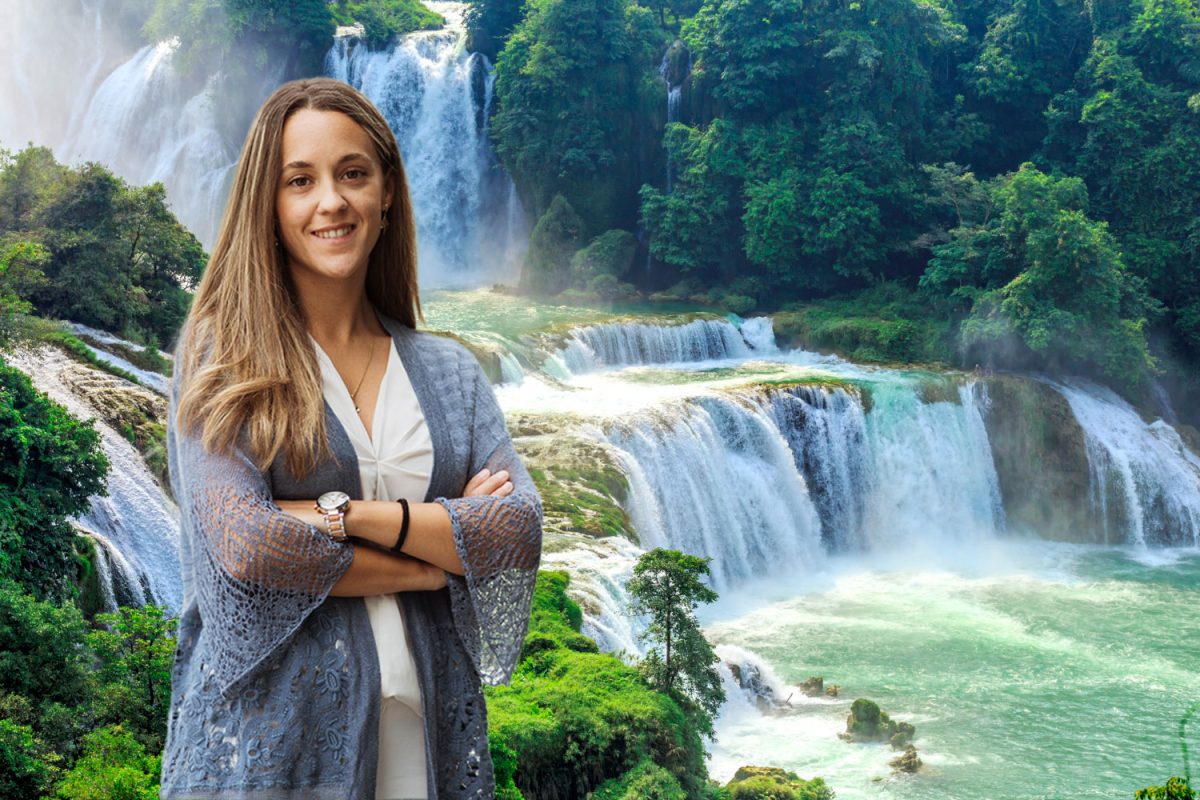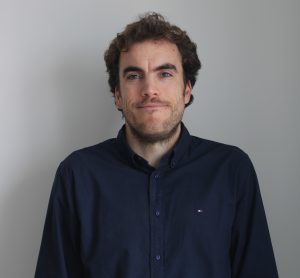This website uses cookies so that we can provide you with the best user experience possible. Cookie information is stored in your browser and performs functions such as recognising you when you return to our website and helping our team to understand which sections of the website you find most interesting and useful.
INTERVIEW
“We support companies to grow with the cascade funding of European funds”
Sara Mateo, leader of the Entrepreneurship Area of Zabala Innovation, details in this interview the characteristics of cascade funding

The cascade funding of European funds is of great interest to you if you are an SME or start-up that wants to scale its activity within the European framework. Sara Mateo, leader of the Entrepreneurship Area of Zabala Innovation, tells us in this interview about the importance and attractions of this funding mechanism.
Why did the European Commission decide to create the cascade funding of European funds mechanism?
Because it is a way of reaching entities that would otherwise be difficult to access. It is aimed at smaller entities, with fewer resources and less experience to participate in calls for proposals at European level, but which represent an important part of the business fabric.
What are its main attractions compared to other funding initiatives?
The application process is simpler and requires less bureaucracy than other mechanisms. It also has a target-based assessment and minimises financial justifications. It has a higher success rate than other European programmes and its grants are in the form of subsidies, without entering the ownership of the company. This is often an issue of concern for small businesses that fear losing control with the entry of third-party capital.
What are the most recurrent themes in your calls for proposals?
Broadly speaking, I would say there are two trends:
- A call for cascade funding of European funds aims to support start-ups and SMEs in their journey by providing them with financial and non-financial support in the form of training and mentoring or promotion activities. The aim is to enable these entities to successfully reach the market and scale up.
- And the second type of calls pursue technological advancement around innovative technologies such as artificial intelligence, big data, augmented reality, etc. They focus on funding entities that contribute to the research of these and other technologies with new developments and validations for all types of sectors and with an impact on Europe’s priorities.
Why is this type of funding so important for boosting entrepreneurship?
Small companies often have financial needs to reach the market, and in addition, these financial needs mean that the team cannot grow as much as necessary and have professional experts in some areas that are more linked to the commercial or business sphere, but which are equally fundamental. Through these cascade funding calls that offer support and acceleration programmes, companies can complete and reinforce their knowledge to face the challenges they encounter on their way to the market.
How has Zabala Innovation positioned itself in this type of funding?
We find this type of funding interesting. We have collaborated in 15 projects to date with this cascade funding of European funds scheme, receiving the funds from the European Commission, and managing the selection process of the beneficiary companies through calls for proposals for the distribution of the grant.
And how do you help the beneficiary companies beyond the management of the calls for proposals?
Our knowledge in the field of innovation and R&D&I funding means that we support companies to continue growing with the cascade of European funding. We offer workshops and advice so that these companies can develop their activity and find funding opportunities to achieve this.
In this line, we are currently working on the X2.0 project to support 50 European start-ups. We analyse their needs and provide them with a bonus of 30,000 euros to hire individualised advice on business, internationalisation, scientific or legal knowledge, among others.
And is there room in these cascade funding projects for other types of entities, besides start-ups and small companies?
Absolutely. As an example, in the X2.0 project I was talking about, we want to create a large community, involving all the agents in the ecosystem.
In addition to the activity focused on supporting start-ups, the project seeks to involve entities that are experts in advising and providing services to these types of companies, such as incubators, accelerators, consultancies, DIHs. We call these entities ‘Impact builders’ within the project and more than 100 have already joined to provide support services to X2.0 start-ups.
Another profile of interest to collaborate in the project are corporations and investors, whom we put in contact with the start-ups through dynamisation activities and one-to-one meetings. Therefore, the entire ecosystem plays a role in this type of project.
What events are essential for the agenda of the innovation ecosystem?
There are high-impact events where all these ecosystem players come together. The next must-attend event is South Summit, which will take place in Madrid on 7, 8 and 9 June. This event is a networking opportunity, and of course a great opportunity for start-ups looking for private investment.



